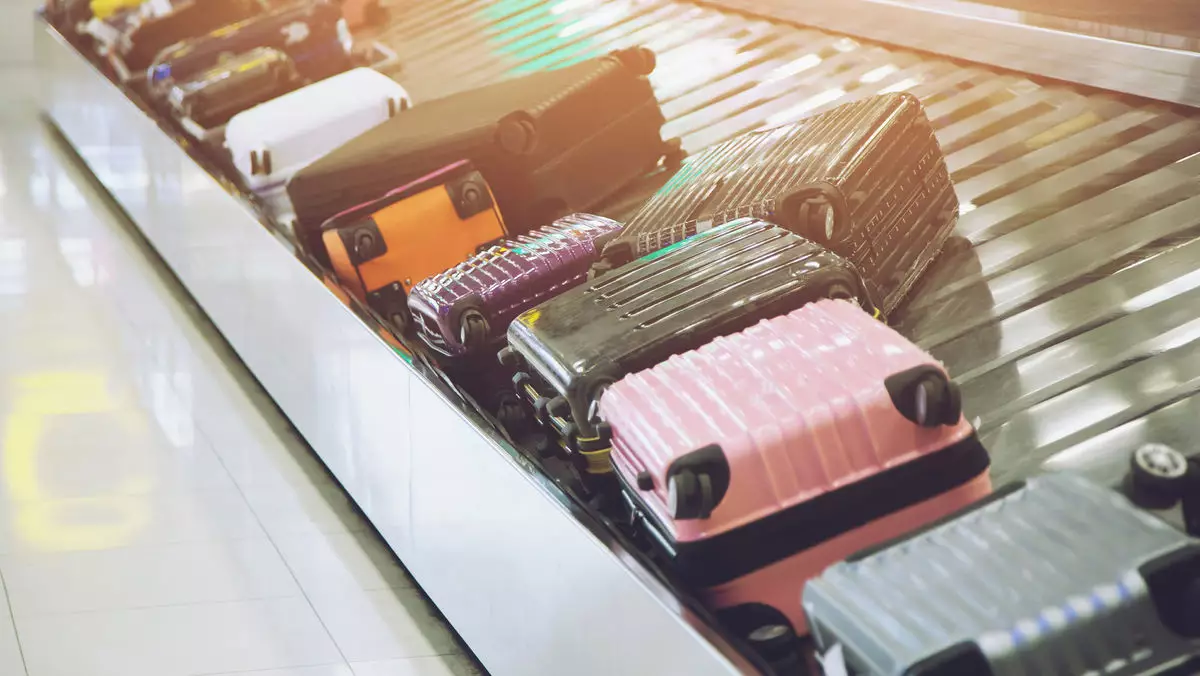Lost or delayed luggage can easily turn a dream vacation or a crucial business trip into a nightmare. Such fears have even led prominent figures in the airline industry, such as IATA director general Willie Walsh, to avoid checking in bags altogether. However, the reality is that mishandled baggage remains a persistent problem in the aviation sector, especially when it comes to interline baggage transfer.
The International Air Transport Association (IATA) has recognized the urgent need to address this issue and is taking proactive steps to improve baggage handling processes. One of the key initiatives being introduced is a pilot project to test a digital messaging standard for baggage exchange communication. This innovative standard is designed to facilitate better communication between airlines and airports as they transfer checked bags across interline itineraries.
IATA’s push for a digital messaging standard for baggage exchange communication is part of a broader effort to modernize the aviation industry. The trade group has been advocating for the adoption of digital technologies to replace outdated legacy systems that currently hinder operational efficiency. By moving away from legacy messaging technologies such as Type B, airlines can not only improve the accuracy and quality of message transmission but also realize significant cost savings.
In 2018, IATA implemented Resolution 753, which mandates airlines to track baggage at four key points during its journey and share this information with interline partners. While progress has been made in implementing this resolution, there are still challenges to overcome, particularly in areas where communication between airlines is essential, such as transfer points. Developing a digital messaging standard for bag tracking could streamline this process and reduce mishandling.
Baggage mishandling not only results in inconvenience for travelers but also comes at a significant cost to the airline industry. According to SITA, airlines globally mishandled 6.9 bags per 1,000 last year, with the rate rising to 12.1 per thousand on international routes. The high cost of legacy messaging technology and the associated challenges with message quality contribute to this problem. By transitioning to digital messaging, airlines could potentially save millions of dollars annually.
While the adoption of a digital messaging standard for baggage exchange communication may seem like a minor change, its implications for the aviation industry are significant. By improving communication between airlines and airports, enhancing bag tracking capabilities, and reducing mishandling rates, this initiative has the potential to revolutionize the way baggage handling is conducted. Achieving global implementation will require collaboration and commitment from all stakeholders, but the long-term benefits are well worth the effort.


Leave a Reply